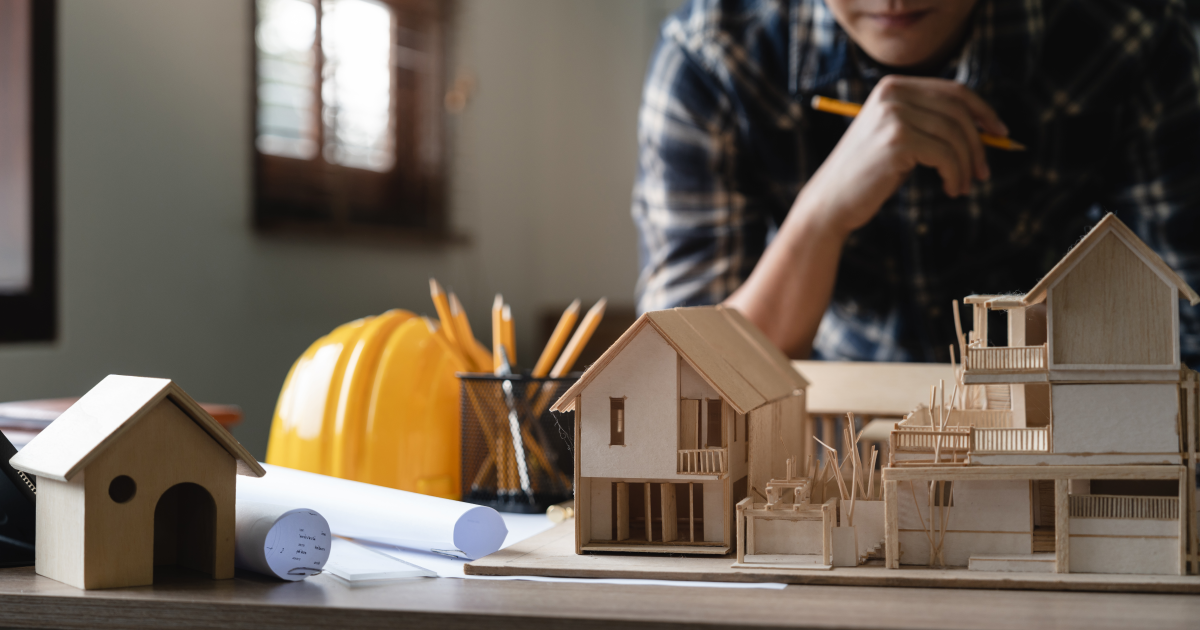Building a home is a significant investment—both financially and emotionally. Whether it’s your first home or a custom dream house, choosing the right builder is one of the most important decisions you’ll make during the process. The right home builder can bring your vision to life and ensure that the construction process runs smoothly. On the other hand, choosing the wrong builder could lead to delays, cost overruns, and even structural issues. To help you make an informed choice, here are essential tips for finding the best home builder for your project. Tips on choosing the best home builder. Get details here on how to work with quality vendors for home construction services.
Know Your Needs and Preferences
Before you start looking for a home builder, it’s crucial to have a clear understanding of what you want. Are you building a custom home, or are you looking for a pre-designed plan with some modifications? Custom home builders specialize in creating unique homes based on your specifications, while production builders often work from a set of pre-designed floor plans.
Additionally, consider the size and style of home you’re aiming to build. Some builders specialize in specific types of homes, whether that’s modern, craftsman, or traditional designs. Others may focus on particular types of construction, such as eco-friendly or energy-efficient homes. By understanding your preferences, you can narrow down your search to builders who have expertise in the style and features you want.
Research and Gather Recommendations
Once you know what kind of home you want, begin your search by gathering recommendations from trusted sources. Start by asking friends, family, and colleagues who have recently built homes about their experiences. Personal recommendations are invaluable because they come from people who’ve worked directly with builders and can provide honest feedback.
Additionally, consult real estate agents and local building associations for recommendations. Builders who are members of reputable organizations, like the National Association of Home Builders (NAHB), tend to follow industry standards and best practices. You can also research online and look for builders in your area with positive reviews and portfolios.
While online reviews can be helpful, remember that they may not always give you the complete picture. Some dissatisfied customers may leave negative feedback based on minor issues, while glowing reviews might not highlight potential problems. It’s important to take online reviews with a grain of caution and combine them with direct recommendations from people you trust.
Check Experience and Expertise
Building a home requires a builder with the right experience and expertise. A builder with years of experience is more likely to understand the complexities of home construction, manage subcontractors efficiently, and anticipate challenges before they become problems. They are also more likely to have established relationships with suppliers and local authorities, making the process smoother and potentially faster.
Ask how long the builder has been in business and how many homes they’ve completed. Builders with a strong track record are more likely to have a history of satisfied customers and well-constructed homes. Additionally, if you are looking for a builder to construct a specific type of home—such as a custom luxury home, energy-efficient home, or a smaller starter home—ensure they have experience in that area.
You’ll also want to verify that the builder is properly licensed and insured. Different states have different licensing requirements, so confirm that your chosen builder meets all local regulations. Insurance is equally important. Builders should carry both liability insurance and workers’ compensation to protect you from financial responsibility in case of accidents or damage during construction.
Look at Previous Projects
Seeing is believing when it comes to evaluating a home builder’s quality of work. Request to tour homes that the builder has recently completed. Most reputable builders will have model homes or will be able to provide access to finished homes they’ve built for other clients. If possible, visit these homes in person to assess the quality of workmanship and materials. Pay attention to details like finishes, layout, and overall construction quality.
If an in-person visit isn’t possible, review the builder’s online portfolio. Look for consistency in style, quality, and attention to detail across multiple projects. This will give you a sense of whether the builder can deliver on your specific needs. If the builder has experience constructing homes similar to the one you want, it’s a good sign that they will be able to meet your expectations.
Additionally, don’t hesitate to ask for references from previous clients. A reputable builder should have no issue providing you with contact information for clients they’ve worked with in the past. Speaking with these clients allows you to hear first-hand about their experience with the builder. Ask about their satisfaction with the finished product, how the builder handled challenges, and whether the project stayed on budget and on schedule.
Communication is Key
Building a home requires close communication between you and your builder, so finding someone who listens and communicates effectively is critical. During your initial meetings with potential builders, pay attention to how well they understand your needs and respond to your questions. A good builder should listen to your vision, provide clear answers, and offer suggestions when appropriate.
Additionally, ask about the builder’s process for keeping you informed throughout the project. Will they provide regular updates? How will they handle decisions or changes that need to be made during construction? A builder who maintains open lines of communication will keep you in the loop and help avoid misunderstandings and delays.
Clear communication also extends to the contracts and agreements. Make sure the builder provides a detailed, written contract that outlines all the terms, including costs, timelines, materials, and any warranties. A transparent agreement protects both parties and ensures that everyone is on the same page before construction begins.
Understand the Timeline and Process
Homebuilding is a lengthy process that can take several months or more to complete, depending on the size and complexity of the project. Therefore, it’s important to have realistic expectations about the timeline. Ask your builder about their typical construction schedule and how long they expect your project to take.
Keep in mind that factors like weather, material availability, and permitting can impact the timeline. However, an experienced builder should be able to provide an accurate estimate based on their past projects. Also, inquire about their process for handling delays or setbacks. How do they communicate changes to the schedule? Knowing this upfront will help you stay informed throughout the build.
Focus on Quality Over Price
While it may be tempting to choose a builder based on the lowest price, doing so can be a mistake in the long run. Cutting corners to save money on materials or labor often results in lower-quality construction, which can lead to costly repairs down the road. Instead, focus on finding a builder who offers high-quality workmanship at a fair price.
It’s also important to look for transparency in pricing. A good builder should provide you with a detailed estimate that breaks down the cost of materials, labor, and other expenses. This helps you understand where your money is going and ensures there are no hidden costs or surprises later.
Ask About Warranties and Follow-Up Support
Finally, make sure to ask about warranties. Reputable builders stand behind their work and offer warranties to cover any defects or issues that may arise after construction is complete. A solid warranty gives you peace of mind and ensures that any problems will be addressed promptly.
Ask how long the warranty lasts and what it covers. In addition, inquire about the builder’s follow-up support. Will they come back to address issues like settling cracks or other minor repairs after you’ve moved in? Understanding the builder’s commitment to customer service after the sale is just as important as the construction itself.
Conclusion
Choosing the right home builder is crucial to ensuring your dream home becomes a reality. By knowing your needs, researching builders, and asking the right questions, you’ll be better equipped to find a builder who meets your expectations. From verifying experience and viewing previous projects to focusing on quality and ensuring good communication, these steps will help you find the perfect partner for your home-building journey. With the right builder, you’ll enjoy a smoother process and a beautifully constructed home tailored to your vision. Tips on choosing the best home builder. Get details here on how to work with quality vendors for home construction services.


